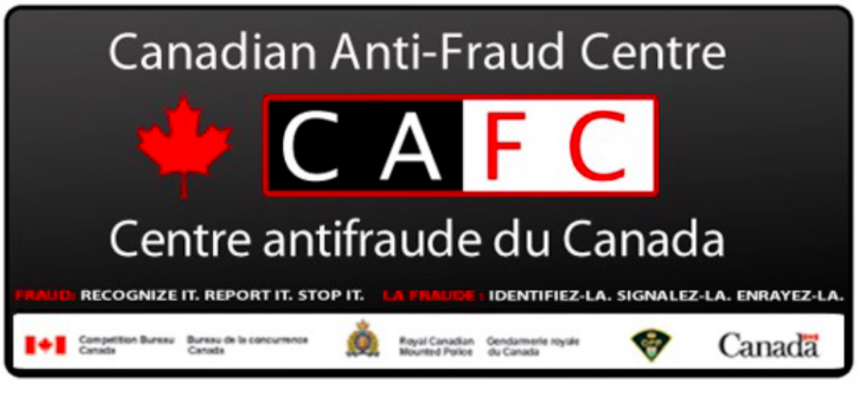Join Our Telegram channel to stay up to date on breaking news coverage
The Canadian Anti-Fraud Centre (CAFC) Canada’s national anti-fraud call center and fraud data repository, has warned citizens to beware of scammers impersonating tax officers and demanding payments in bitcoin. The activities of these scammers tend to increase as the tax filing time approaches each year.
Also see: BitKan’s ‘K Site’ to Be a Crypto News Media, Information and Economic Hub
Join the Bitsonline Telegram channel to get the latest Bitcoin, cryptocurrency, and tech news updates: https://t.me/bitsonline
Fraud Operators Take Advantage of Immigrant Citizens
Canadian national broadcaster CBC reported that CAFC spokesperson Jessica Gunson said:
“Generally in the past, we’ve seen an influx of scams surrounding tax season. In the form of phishing email, like it’s coming from the CRA: ‘congratulations, you have a refund. It looks like an Interac email money transfer, it looks like you have a refund from the CRA. The key to remember here is the Canada Revenue Agency would never email you or send you a text message to notify you of a refund.”
Present day scammers not only email their targets but also try to swindle using text messages. Even with warnings, scammers always find new tricks to deceive people. In these new techniques, fraudsters intimidate victims by accusing them of having unpaid taxes and, if they do not make the payment, they could be arrested.
Gunson added that some scamsters were more likely to threaten naturalized (or immigrant citizen) Canadians, telling them they would be deported if they did not pay the back taxes.
Bitcoin and other cryptocurrencies are not the only payment method for scammers to demand money from victims. Lately, iTunes gift cards have also been used to demand payments. Cryptocurrencies, however make it harder for police to follow the money.
Scammers Choose New Payment Methods
Just weeks ago, on the other side of the world, the Australian Taxation Office (ATO) issued a similar warning to caution residents to not fall for tax scams. That warning also highlighted that scammers impersonate ATO officers and have demanded payment in bitcoin or other digital currencies for fictional tax debts.
According to Canada’s Gunson, many people fall prey to fraudsters, but feel embarrassed at being tricked and fail to report it to the police.
She said: “There’s no embarrassment. They should never feel ashamed because they’ve fallen for a scam; they’re not alone. Our phone rings here day in and day out from consumers that have lost money.”
Many people have lost money through such scams, with one individual losing about $200,000 in one bitcoin tax scam, she said. If the main reason scammers continue their work is that the majority of the people aren’t reporting their activities, then more reporting would make it easier for officials to investigate them.
Should government officials do more than just warning citizens about tax scams? Let us know your views in the comments section.
Images via CAFC, PTBOCanada
The post Canada Fraud Watchdog Warns Against Bitcoin Scammers as Tax Season Approaches appeared first on Bitsonline.
Join Our Telegram channel to stay up to date on breaking news coverage

